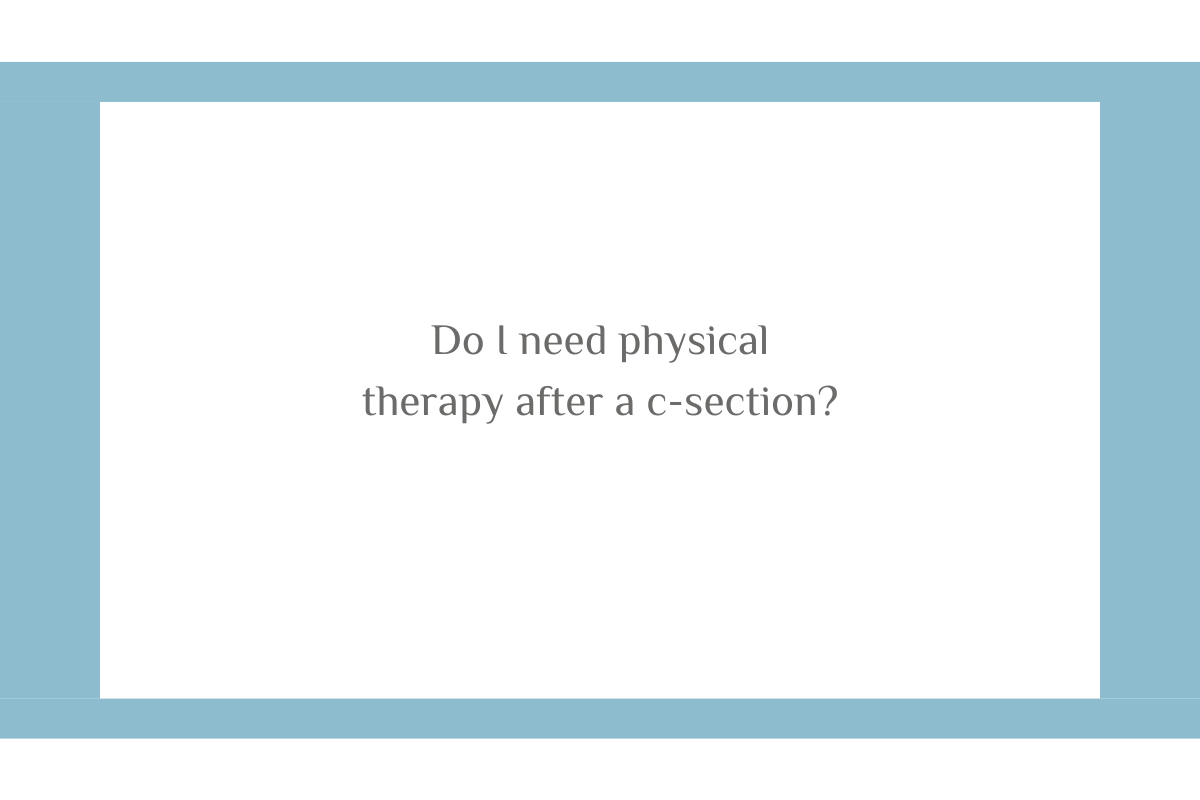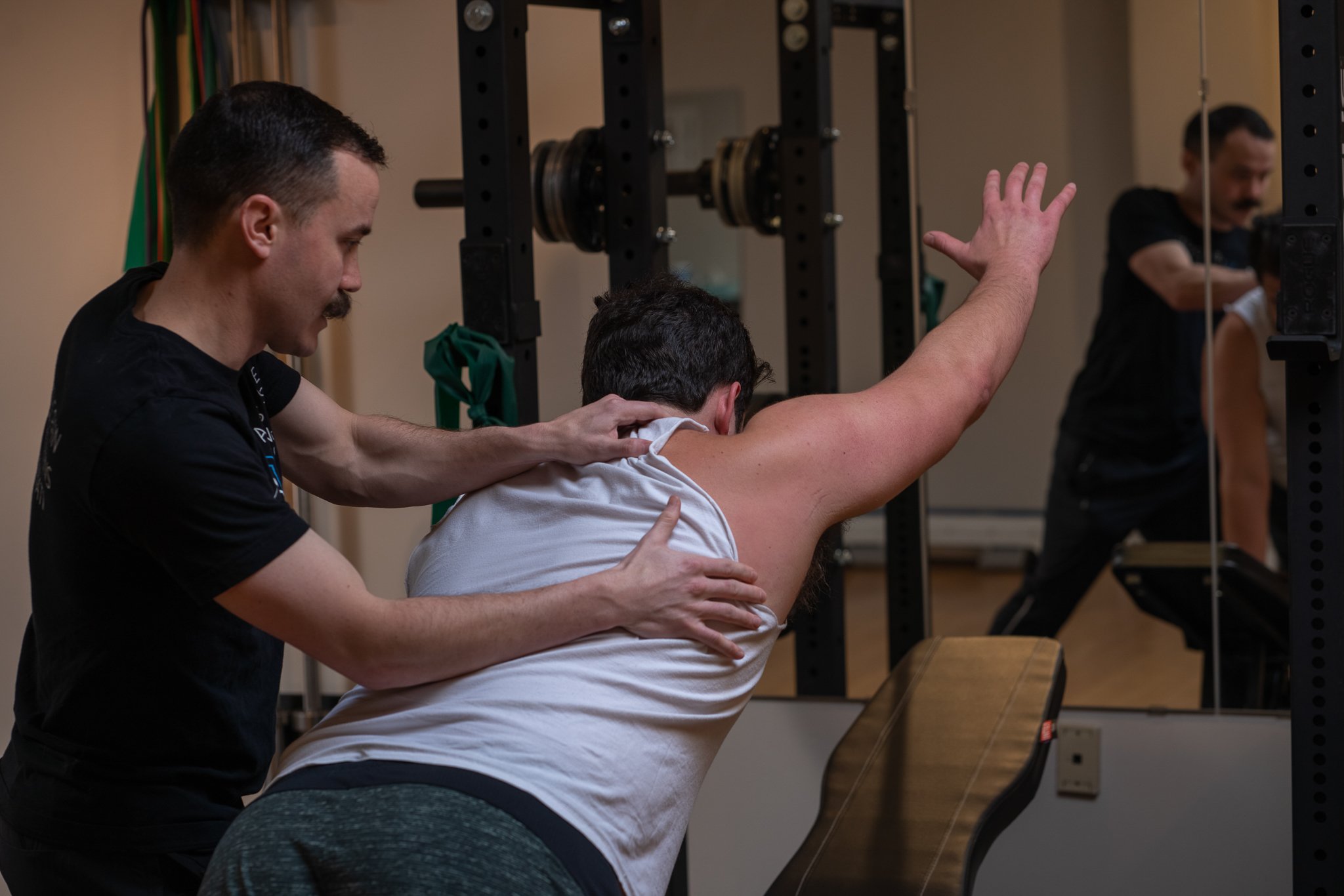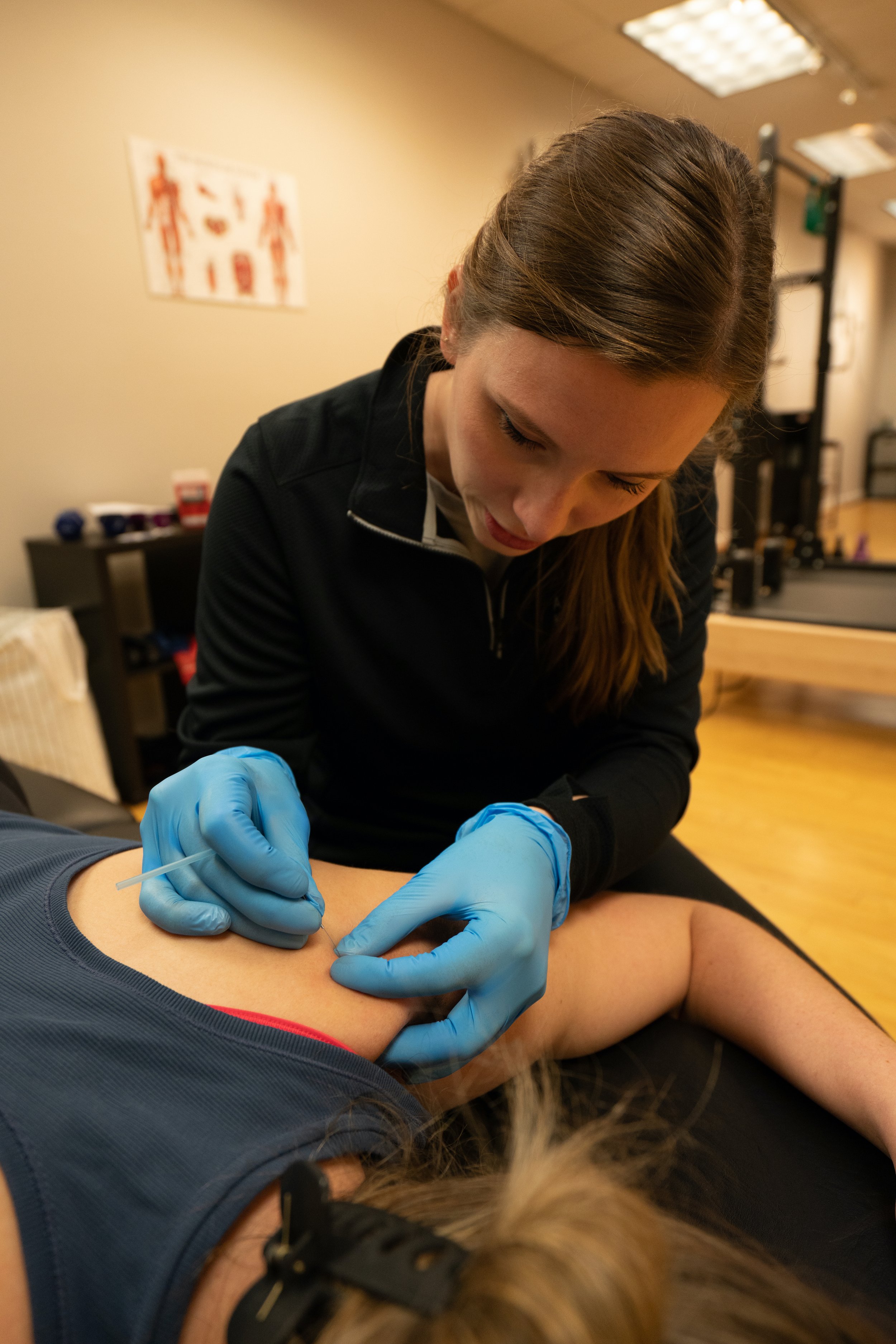Absolute Kinetics Physical Therapy Blog
Why we are out of network with insurance
When I first started Absolute Kinetics, I chose the out of network model because it aligned with my goals and vision for the business. Being out of network, I can spend more time with patients each session and provide any type of treatment I think will be beneficial. Check out this post to learn more about this model and to clear up some myths around out of network care.
Are All Calories Equal? Guest Blog Post by 901 Nutrition
While it’s true that all calories have the same unit of energy, calories from food don’t always have the same impact on our weight and overall health. That’s because foods are more than the calories they provide. The various components that make up foods (macronutrients and micronutrients) impact calorie absorption and utilization.
Why kegel chairs won’t fix your leaking (and what will)
When it comes to pelvic floor physical therapy, many people are under the impression that they are just going to be taught how to do kegels. When I was pregnant with my first son, I remember seeing a folder on the wall in my OB’s office titled “kegels” with hand outs of how to do a kegel inside of the folder. This perpetuates the idea that when it comes to the pelvic floor, it’s all about kegels. I’m here to tell you that you don’t need to be doing a billion kegels.
What exercises should you do with diastasis recti?
Diastasis recti (DR) is a common diagnosis postpartum, and there are many myths around diastasis recti. One of the main things folks with DR want to know is what exercises they should or should not do. There is a lot of conflicting information out there about this topic, so let’s dive in and set the record straight.
Urinary urgency and frequency - what is “normal”?
Urinary urgency and frequency are common, and they are sometimes considered “normal”, especially in the postpartum population. Moms will hear things like “that’s the cost of being a mom - peeing your pants, having to pee all the time, or not being able to hold it for very long”. I’m here to tell you that no matter how many kids you’ve had, how far postpartum you are, or even if you feel like you have “always had to pee a lot, even as a kid”, this is something we can work to improve!
Why a Physical Therapist should be a member of your prenatal and postpartum care team
When most people think of physical therapy, they think of patients doing exercises with a band or on a table at a PT clinic after a knee, shoulder, or other orthopedic surgery. Over the past several years, people have realized there is also benefit in seeing a physical therapist before having surgery (“prehab”) or to help reduce injury risk. When I worked in a hospital based system where we saw a lot of patients after joint replacements, we were often referred patients for prehab exercises before their surgery. So if patients are being sent to physical therapy to physically prepare for surgery, why aren’t expecting mothers being referred to physical therapy to help them prepare for what will (most likely) be the most physically demanding event of their life?
Do I need physical therapy after a c-section?
Although c-sections are somewhat common, there is a lot of misunderstanding and misinformation around what c-section mama’s should expect and how they should manage their symptoms postpartum.
How does virtual physical therapy work?
When most people think of physical therapy, they picture a clinic full of patients doing exercises, sitting with hot or cold packs, and/or therapists using manual treatments like scraping, dry needling, cupping, or taping. So what is “virtual” physical therapy, how does it work, and is it effective?
Is Your Efficiency Hurting Your Ability to Do What Matters Most? Guest blog post by Dina Haggenjos
Have you noticed the satisfaction of checking off a to-do list item doesn’t feel as potent, as satisfying as it used to be? Maybe you have lists, you have post-its, a calendar, some are even color-coded …but despite all this, and your ability to rattle off what your child wants for their birthday, where THE favorite toy is in the house, what your partner’s greatest struggle is right now, and how much leftovers are in the fridge you find yourself quietly wondering “Why can I not do the things I want to do? Why is it so hard for me to carve out time for myself? Am I even on this list anywhere?! How am I ever going to reach the goals I have for myself when I can’t imagine adding one more thing?”
Healthy Bladder Habits/Tips
Urinary urgency, frequency, and other urinary dysfunction can occur in all genders, and there are usually a few factors involved. As physical therapists, we are always looking at muscle function and how it affects the body. If you see a pelvic floor physical therapist for urinary dysfunction, it is certainly important that they assess how your pelvic floor muscles are functioning and identify any muscle tightness, weakness, or issues with muscle coordination. However, looking at bladder habits and bladder irritants can also be key in optimizing bladder function.
Why treating both orthopedic and pelvic floor conditions is key
“You need to niche down in business”. This has always felt like a nearly impossible task to me as an orthopedic physical therapist. The body is all connected: how could I possibly specialize in one region, population, or diagnosis and not be doing a disservice to my patients!?
Learn More About Our Coaching Services
As Absolute Kinetics continues to grow and expand, we are so excited to announce our new coaching services! These services will allow us to expand our reach to clients who are not local to our offices. There are several coaching services we are offering, including run coaching, pregnancy and postpartum coaching, pelvic health coaching, and fitness and injury prevention coaching.
Digging into DOMS! What is Delayed Onset Muscle Soreness? Can it be treated or prevented?
If you have ever exercised, you probably have had local muscle soreness that pops up a few hours later and is very annoying. This soreness is commonly called DOMS which stands for Delayed Onset Muscle Soreness. A high school coach may have expressed this as a reward for good performance. I can still hear one of mine in my head saying, “pain is weakness leaving the body.” There is some truth to that, but we will dive into that later.
What is Vaginismus?
Vaginismus is a condition in which your body automatically contracts the pelvic floor muscles when penetration/insertion occurs. The pelvic floor muscles play an important role in sexual function and the ability to have pain free penetration/insertion. While this is deemed a sexual function “issue”, it is not limited to sex/intimacy, but can also include painful/limited insertion of things like tampons and painful pelvic exams in general.
Am I Fueling My Lifestyle Appropriately? Nutrition View from a Doctor of Physical Therapy
You may be wondering, “what is a Physical Therapist interested in nutrition for?” As a direct access, cash basis Physical Therapist I care and look at the whole person! How we eat is how we fuel all the activities and movements that we want to do! Different activities require very different nutritional intake to optimize performance and reduce injury risk. That means marathon runners should have different intake pattern compared to power lifters. Both may have very different nutrition requirements compared to a 30+ working dad who only gets to the gym 3-4 times per week (if I am being optimistic!).
Skill Update: Dry Needling and How It Fits Within the Practice
Resolving trigger points is a crucial part of attaining good biomechanics. Trigger points or “knots” in muscles can cause tissue damage and dysfunction. This damage and dysfunction can limit biomechanics and cause issues in muscle and nerve performance.
How Does the Pelvic Floor Affect Bowel Health?
Yes, Your pelvic floor can be messing with your bowel movements! While it’s something people often don’t like to talk about, pooping is an important and healthy part of life. Whether having a bowel movement is painful and/or infrequent, we’re usually only met with advice to eat more fiber, drink more water, and eat more vegetables. While these tips are important for a healthy system in general, it is not the whole picture.
Are Your Joints Ready for Spring?
Spring is almost here and along with it all the great outdoor activities that come with increased sunshine and warmth! Whether you hike, garden, or are looking to throw a baseball, here is a warmup routine with a twist to prepare your body to move!
What is Dry Needling?
Dry Needling is a technique used by physical therapists and other practitioners in order to target and influence the myofascial system. The myofascial system is a complex network made up of muscles and fascia, as well as nerves, blood vessels, and the lymphatic system. When there is tension and restriction in these structures, it often leads to a decreased level of blood flow and function. This in turn heightens our nervous system’s response by increasing our perception of pain in the area. This causes us to be in this cycle of pain, tension, decreased blood flow, and more pain. Techniques such as trigger point dry needling are a great way to directly release the tension and break the cycle.




















